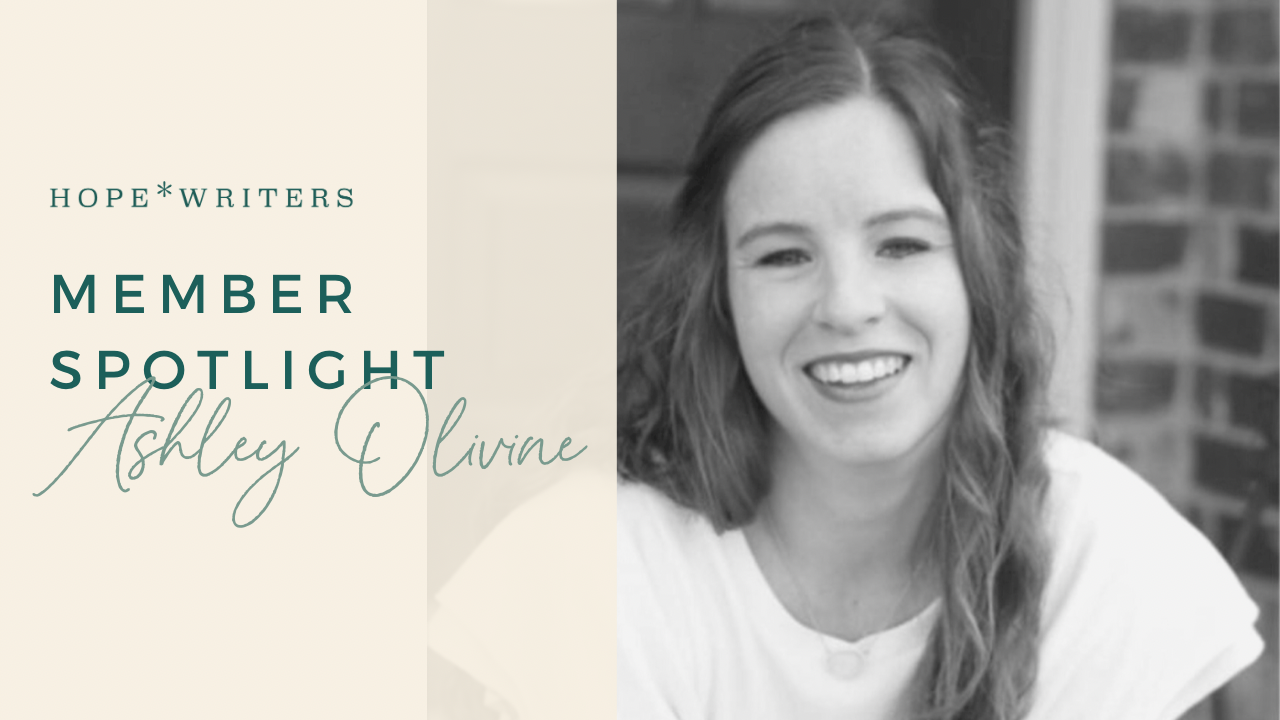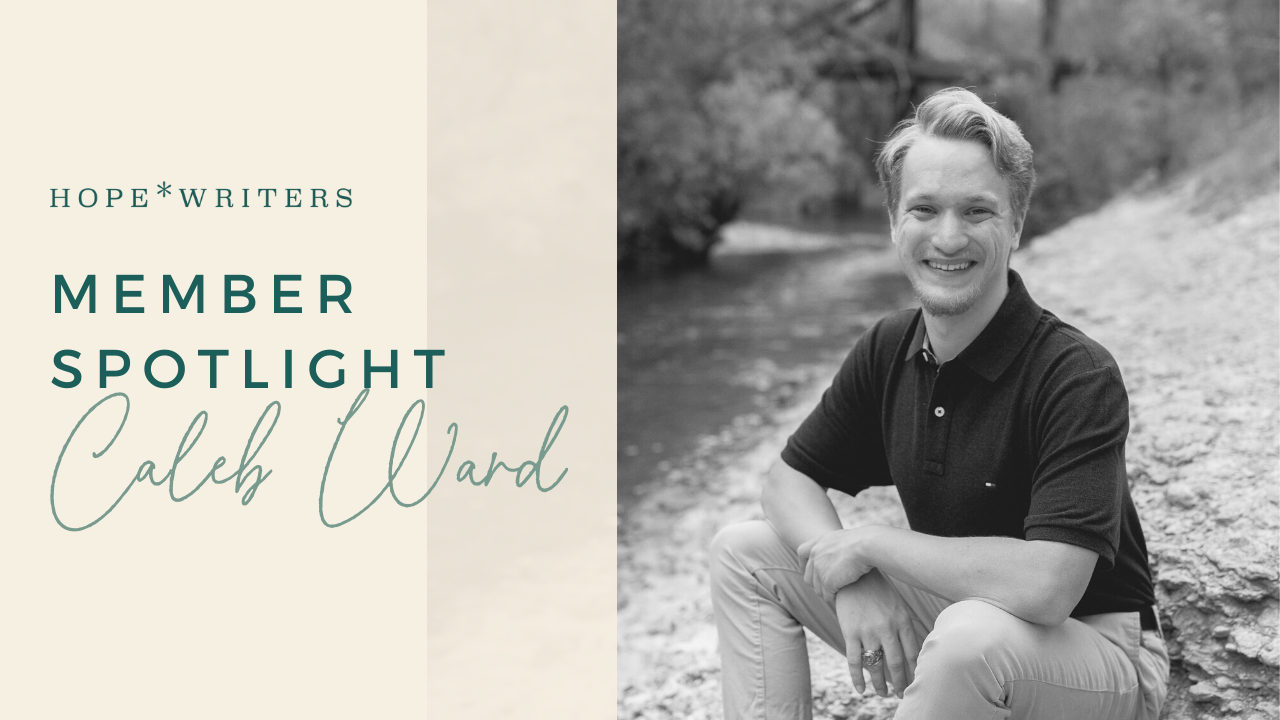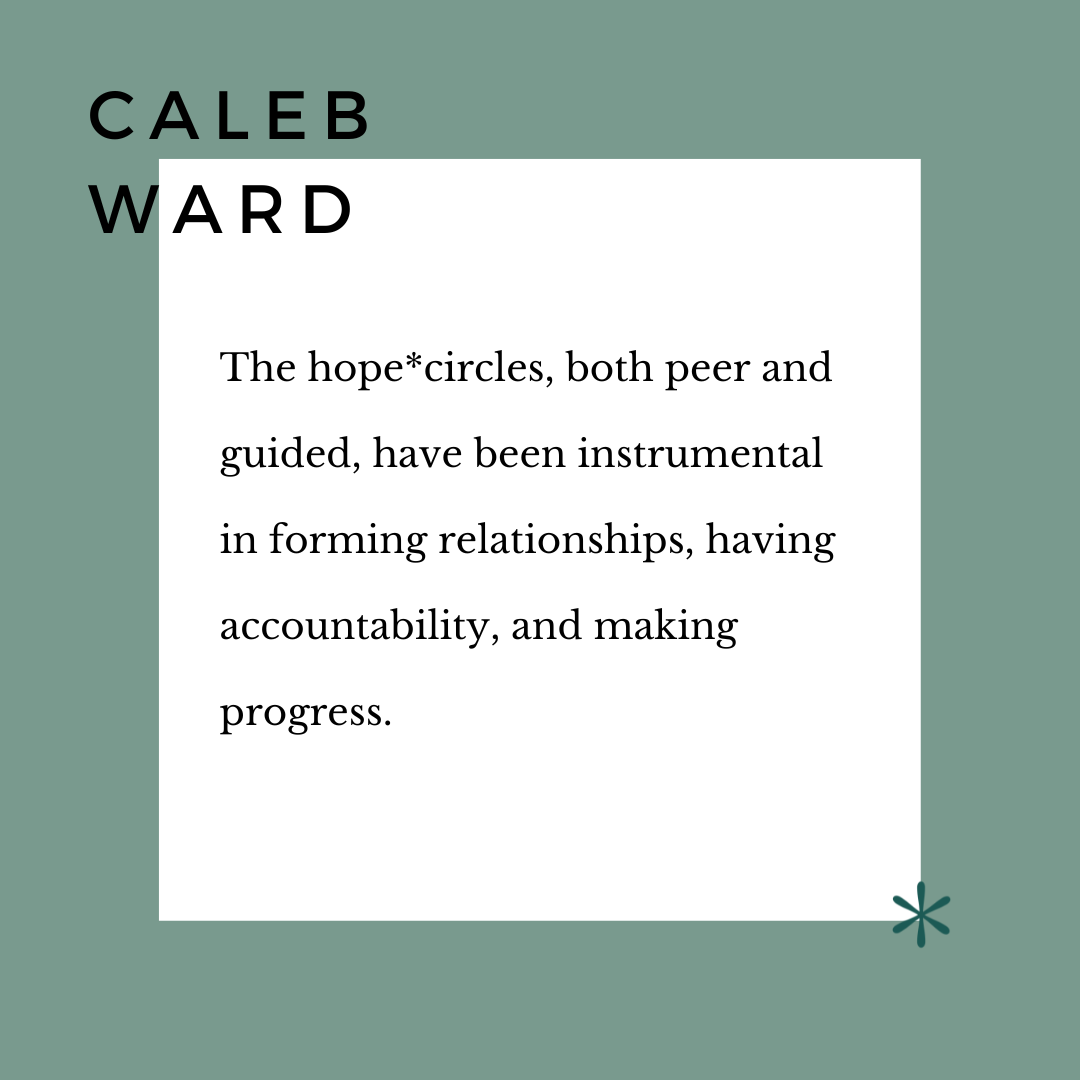how to grow on social media

If you’ve been struggling to grow your following on social media, we have one word for you.
VIDEO
Truth is, 7 out of 10 posts on your Instagram feed are now “Instagram Reels”.
These are those short form, vertical video posts that you’ve been seeing so much of.
And if it’s your goal to GROW your following so you can:
-reach more readers
-share your message
-impact people with your story
…then it’s time to create a STRATEGY for creating and posting video consistently.
Here are a few suggestions:
- Document during your day.
- Scroll, screenshot, and save
- Schedule a weekly zoom call with a friend
Let’s break these strategies down…
1. Document during your day.
Instead of randomly trying to come up with something to film, set an interval timer for every 60-90 minutes throughout your day. When the timer goes off, take out your phone, press record, and describe something you just did in the last hour. Imagine someone with less experience than you- what would...
How To Write Directly to Your Audience

Every writer needs to know who they’re writing for before they begin drafting a new piece. Your message may stay the same at its core, but how you craft your story will change depending on your audience and their needs. It’s important to anticipate how your reader thinks, their current view on the topic, their hopes and fears, their dreams for the future, and how they best receive information.
“I really value people, I love to know their hopes, their dreams, their fears . . . I learned how to ask the right question.” — Author and activist Terence Lester
There are infinite possibilities for crafting your message. When you identify your audience and anticipate their needs, these facts will guide your approach. If you’re not sure how to structure your story, the following four methods offer a solid place to start. Choose the one that serves your audience best.
Guide your reader on a journey.
Is your reader looking for a guide through a difficult situation? Do they need a gentle...
Write Your Difficult Story With Hope

“You have to go through something and come out on the other side of something to know the full lessons and to know how to give proper hope and encouragement.” — Hannah Brencher
Many writers make a career out of sharing their personal stories with readers. These stories can run the gamut from humorous to sentimental to encouraging, but what often connects most deeply with readers is a difficult story shared from a place of vulnerability.
How do you share your difficult stories without divulging too much while also giving readers a sense of hope? The following tips will help you share your hard story.
Write with caution and wisdom.
Some stories are best shared within a safe, private relationship. A wide, unknown group of readers may not be the best audience for your hard story, particularly if you are still living that story or if it requires you to share intimate details about another person. Accept that there are some experiences you may never write about, especially if y...
Member Spotlight: Ashley Olivine

At hope*writers, we love to highlight our members and their writing progress. This month, we’re celebrating writer Ashley Olivine.
We asked Ashley to tell us about her writing journey as a hope*writer. Here’s Ashley’s story in her own words.
When did you first realize that you are a writer?
I had lunch with a publisher at a business retreat about four years ago. We chatted, and she encouraged me to share my story in her collaboration book. Hesitantly, I embarked on the journey. As the words spilled out of me, I realized there were people out there in need of what I had to offer. As soon as it was published, I knew I had to write a novel, but I still didn’t consider myself a writer. Joining hope*writers and diving in was when I started to actually call myself a writer. Before that, I didn’t really believe it.
What is the value of having a community of writers to come alongside you?
My writing community is everything. It has helped me identify as a writer, get into a good writ...
How To Choose Your Writing Niche

It’s normal for writers who are just starting out to experiment with various genres. If you’re not sure what you want to write, you may try fiction, nonfiction, poetry, or some combination of the three. If you’re new to freelance writing, you may take any writing job offered to you, regardless of your area of expertise, to gain experience. This experimentation is part of the process of becoming a writer.
However, as you grow in your craft, you’ll need to define your writing niche to serve your readers best. Settling into a niche helps you define your area of knowledge and skill in the publishing industry and become known for your expertise.
If you’re ready to choose your writing niche but feel drawn in multiple directions, consider the following questions to narrow your focus.
What comes naturally?
Where do you excel as a writer? What feels most natural to you when you arrive at the page to work every day? Many writers find that writing for a particular niche or genre flows...
6 Tried and True Marketing Tips for New Authors

In the beginning stages of writing a book, it’s easy for writers to sink all of their energy into the storytelling. However, if you want readers to find your words, it’s important to consider how you’ll market your book long before it releases to the public.
If you have aspirations of authoring a book or are already writing one, consider these tried and true tips for new authors. Readers need your message. Here’s how you’ll help them find it.
1. Start early.
Marketing begins long before your book releases. Brainstorm ideas for marketing your book and develop a solid plan before you deep-dive into the writing process. Ideally, writers don’t wait until their book comes out to start marketing their message. However, if your book is already on its way to publication, either traditionally or via self-publishing, it’s never too late to develop a marketing strategy. A late start is better than nothing at all.
2. Update your website.
Before releasing your book, make sure your websi...
Member Spotlight: hope*writer Caleb Ward

At hope*writers, we love to highlight our members and their writing progress, and this month we’re celebrating fiction writer Caleb Ward.
We asked Caleb to tell us about his writing journey as a hope*writer. Here’s Caleb’s story in his own words.
When did you first realize that you are a writer?
When I was little . . . . I would create characters and stories in my head, a process I called imaginating. Those characters stuck with me, and when I was in high school, I started writing some of them down. I quickly fell in love with storytelling through the page.
What is the value of having a community of writers to come alongside you?
Community is so important because we encourage and hold each other accountable. When my novel was rejected for publication the first time, I wanted to give up on the book. Instead, I got encouragement from my peer hope*circle and kept working on it. Within three months, I had a publishing contract with the same publisher that rejected me.

Why is...
How To Write Memorable Stories

Readers love an entertaining story, but stories can serve an even greater purpose. Storytelling is a powerful tool for helping readers think critically, learn information, and feel connected to the experience of others. Writers of every genre can use storytelling skills to strengthen their message and writing.
If you’re not accustomed to using stories in your writing or want to strengthen your storytelling skills, the following tips will help you write stories that stick.
Be engaging.
An engaging story is winsome, interesting, and seeks some commonality with the reader. This doesn’t mean that your story has to be lighthearted, but it does need to engage the reader in a compelling way. Something interesting needs to happen to capture their attention. Let your humanity shine through, and be sure to tell your story as truthfully as possible. Even if your story is fictional, it has to resonate with reality and connect with the human aspect of storytelling too.
Incorporate humor....
Why You Need a Writing Community

Are you tired of searching online for answers to your latest writing conundrum? Do you need fresh, creative inspiration or a fellow writer to offer feedback on your ideas? You’re not alone. Many writers find the writing life to be a solitary one, but it doesn’t have to be.
At hope*writers, we believe that we are better together. Every writer needs a community to support their writing life. Here’s why:
Encouragement and Support
Your fellow writers get it. They know what it’s like to struggle to find the time to write. They understand what it takes to wrestle with sentences and paragraphs until every word feels right. They experience the same frustrations that come with building an audience or pitching their work to publications. They know because they’re trying to do it too. A writing community offers support and encouragement from people who understand your experience firsthand and want to help you thrive.
Helpful Feedback
Encouragement to keep writing is wonderful and nece...
5 Questions To Ask When Choosing a Collaborative Partner

Are you interested in collaborating with someone on a writing project, a podcast, or content creation? Collaboration can be a fantastic way to grow your message and reach a wider audience. However, finding the right partner can be a challenge. If you have a collaborative project in mind but you haven’t found a fellow writer or speaker to partner with, consider the following five questions to help you identify the right person.
1. Are they responsible?
One important quality to look for in a collaborative partner is responsibility. What have you observed about their work and their work ethic? Do they show up regularly for their audience? Do they follow through on promises and provide thoughtful, engaging work in a timely manner? Observe how your potential partner manages their time and stewards their message to get a sense of whether or not they would show the same commitment to a joint project.
2. Are they professional?
It’s also important that your potential partner has a pro...
